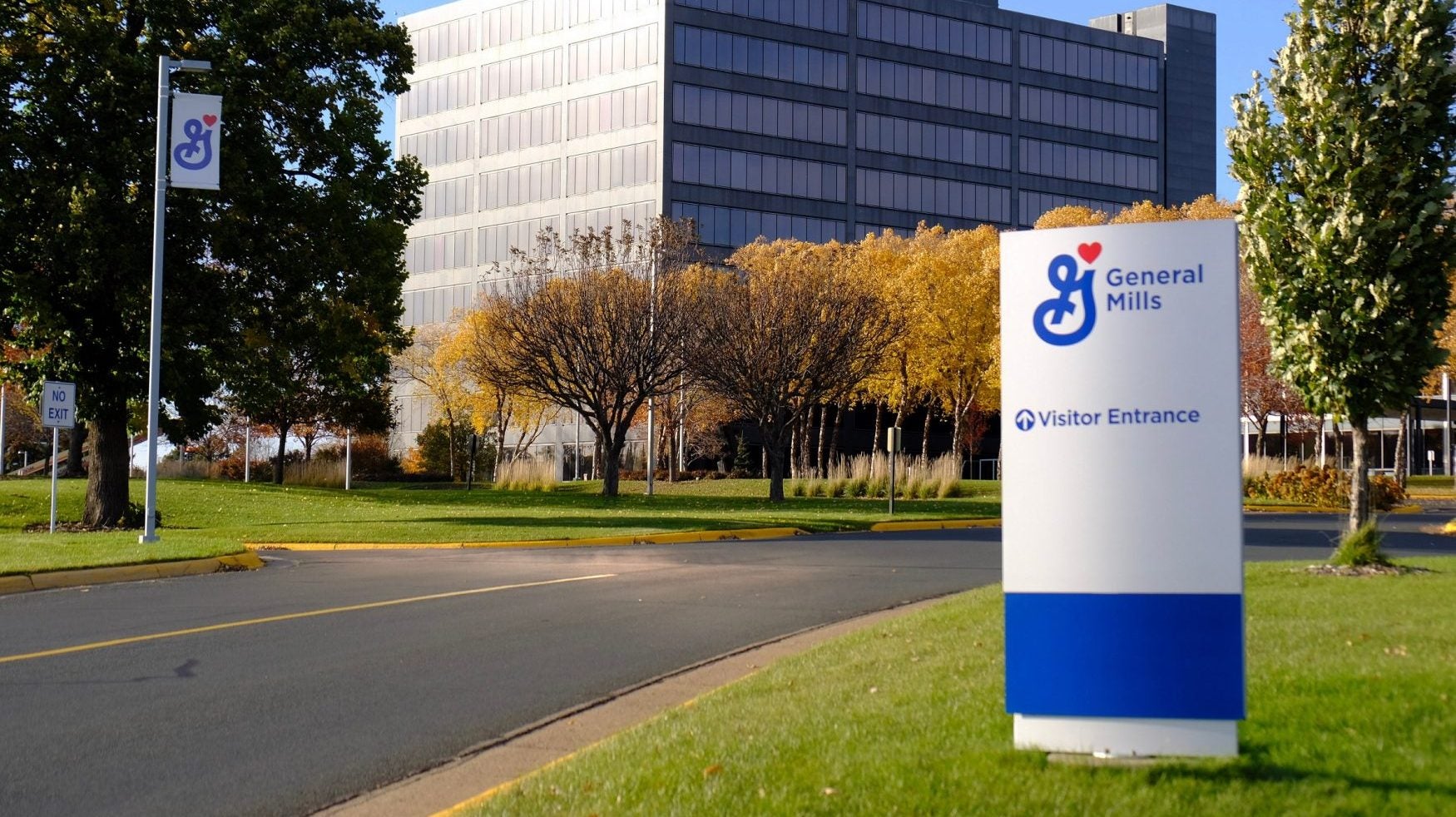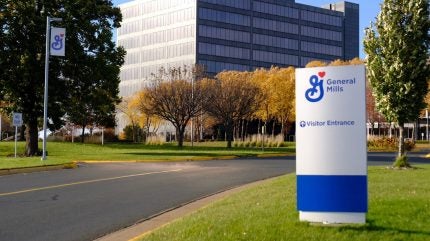

General Mills has joined forces with the US arm of Dutch-Belgian supermarket heavyweight Ahold Delhaize to cut emissions through a push on regenerative agriculture.
The pair said the plan is to make joint investments to support farmers in the adoption of regenerative agriculture to foster soil health and reduce greenhouse gas emissions.
“Through co-investments in priority supply sheds – or geographic growing regions where key ingredients are sourced – the two companies will support farmers as they adopt regenerative farming practices,” they said.
They plan to tap into the knowledge of Ecosystem Services Market Consortium (ESMC), a non-profit organisation.
Farmers will receive technical and financial support to implement techniques such as cover cropping and nutrient management. A combination of field sampling and modelling will estimate net greenhouse gas emissions.
ESMC will facilitate the programme. Greenhouse gas reductions and soil carbon sequestration will be verified by an independent third-party verification organisation, ensuring transparency and accountability. Cheerios, Nature Valley and Old El Paso brands owner General Mills has been working with ESMC since 2020.
Access the most comprehensive Company Profiles
on the market, powered by GlobalData. Save hours of research. Gain competitive edge.

Company Profile – free
sample
Your download email will arrive shortly
We are confident about the
unique
quality of our Company Profiles. However, we want you to make the most
beneficial
decision for your business, so we offer a free sample that you can download by
submitting the below form
By GlobalData
Mary Jane Melendez, General Mills’ chief sustainability and global impact officer, said: “In 2019, General Mills became one of the first companies to commit to helping advance regenerative agriculture. We champion a farmer-centred approach across key regions where the ingredients we source are grown, aiming to produce positive environmental, social and economic outcomes. Ahold Delhaize USA is a natural fit for collaboration with shared goals of creating a more healthy and resilient food system.”
General Mills wants to “advance” regenerative agriculture on one million acres of farmland by 2030. In the company’s 2024 Global Responsibility Report, it said one million acres represented “around 30%” of its “total estimated land print exposure”.
The report said that, by the end of General Mills’ 2023 fiscal year, the company had more than 500,000 acres “engaged in programming designed to advance regenerative agriculture”.
Regenerative agriculture can cover a vast array of approaches and systems but it is based around five principles: not disturbing soil; keeping the soil surface covered; keeping living roots in the soil; growing a diverse range of crops; and bringing grazing animals back to the land.
Marc Stolzman, chief sustainability officer at Ahold Delhaize USA, added:
“This relationship emphasises how strategic collaboration is essential for addressing climate impacts and creating positive environmental outcomes. Ahold Delhaize USA looks forward to the learnings from this supply shed collaboration and using the findings to drive progress across the supply chain.”
The companies suggested that, by the end of 2025, ESMC, along with local implementing partners, will help advance regenerative agriculture management on more than 70,000 acres of farmland in Kansas and Saskatchewan in Canada. They estimated this represents the approximate number of acres General Mills engages to source key ingredients, such as wheat and oats, for its products sold at grocery stores operated by Ahold Delhaize USA’s stores – Food Lion, Giant Food, The Giant Company, Hannaford and Stop & Shop.
Back in 2018, Epic Provisions, the US meat-snacks business owned by General Mills, launched the first product in its domestic market to carry a seal concerning regenerative agriculture. Its sriracha beef steak bites were labelled with the Land to Market Ecological Outcome Verification mark, devised by The Savory Institute, a Colorado-based organisation that seeks to regenerate the world’s grasslands.

